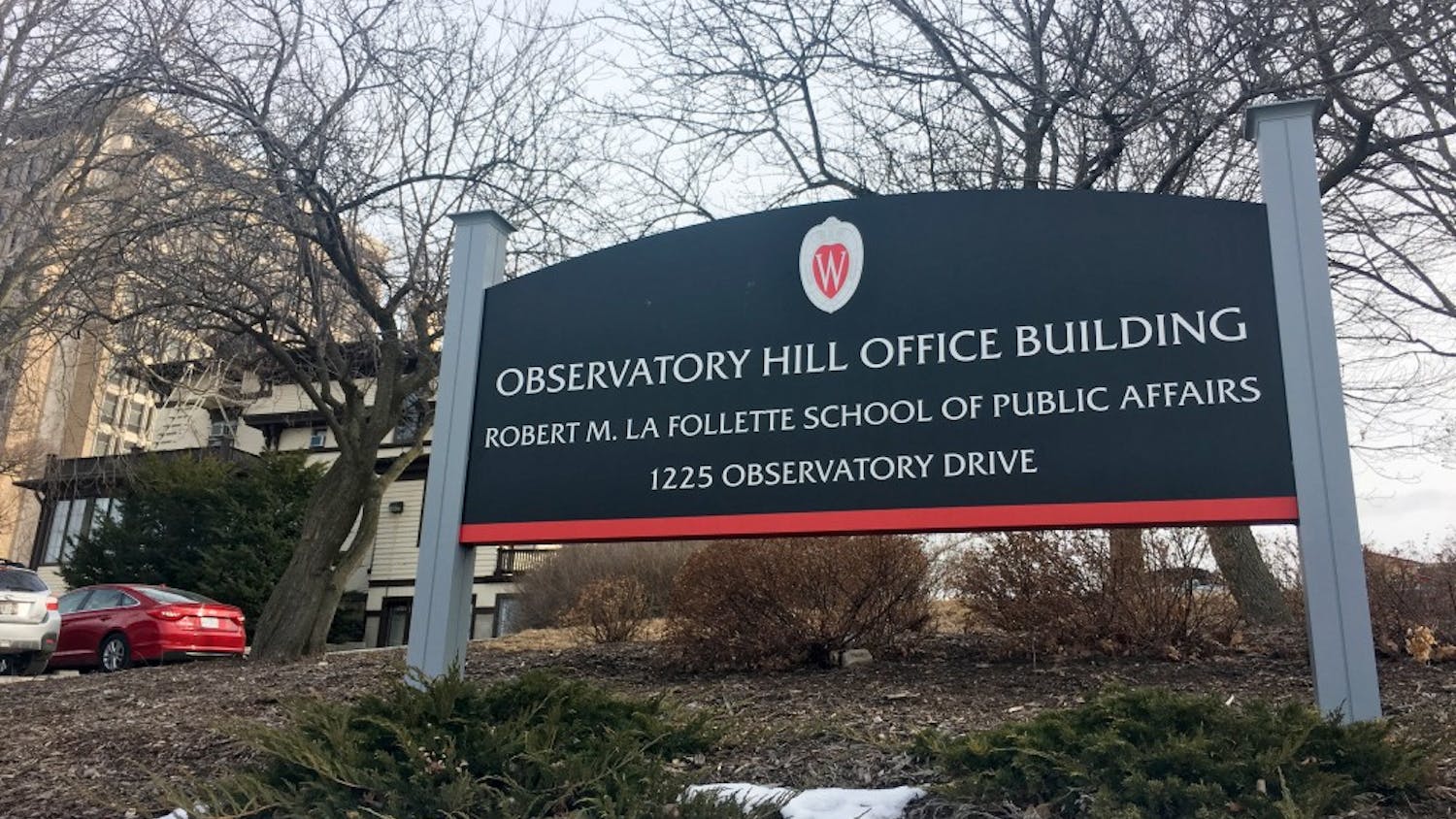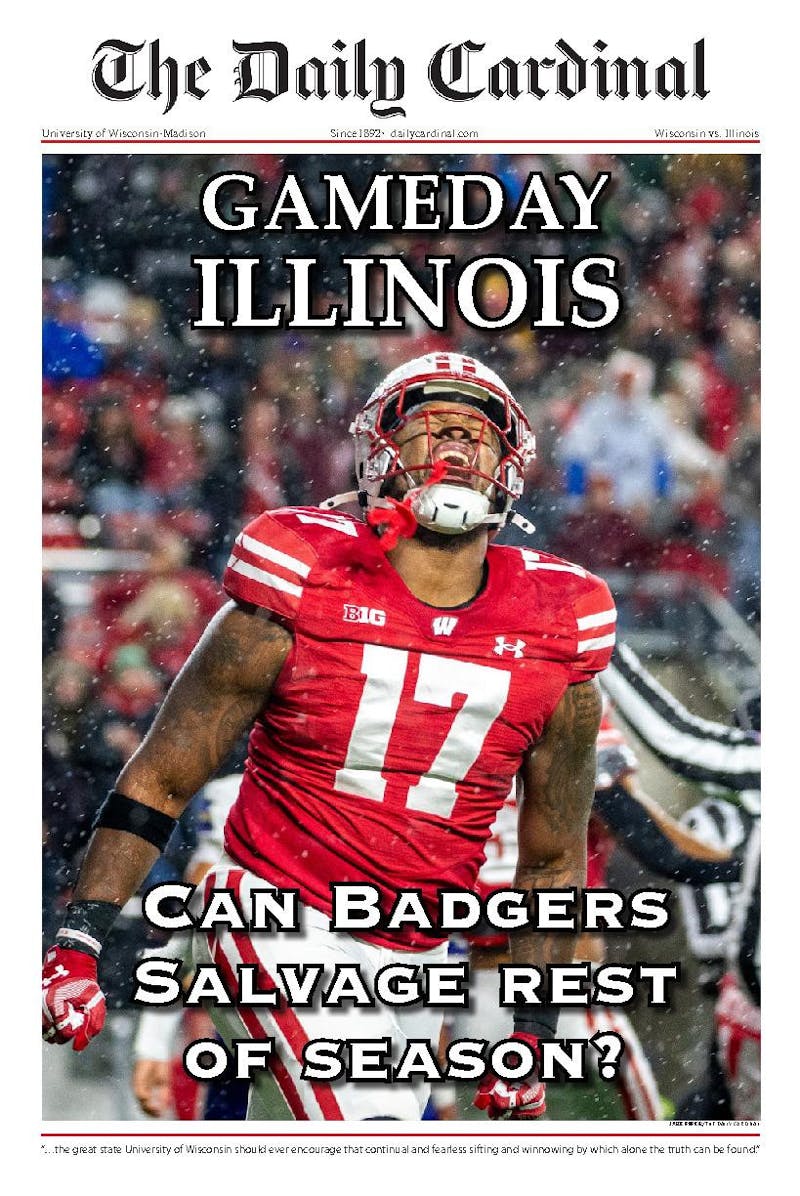For many people seeking answers, “Hillbilly Elegy” came along at just the right time.
J.D. Vance’s epic memoir, chosen as UW-Madison’s Go Big Read for this year, details his struggles growing up in poverty in Ohio and Appalachian Kentucky. Although published before the election, the book seemed to answer the question that many city-dwellers asked after Donald Trump’s shocking rise to the presidency: “How did this happen?”
The book catapulted to the top of The New York Times Bestseller list, its popularity fed by reviews such as that in the Times, which called it “a compassionate, discerning sociological analysis of the white underclass that has helped drive the politics of rebellion.”
But then came the backlash, both from left-leaning policy wonks and, perhaps more surprisingly, from folks whose stories, on the surface, sound a great deal like Vance’s. Op-eds and articles, with headlines such as “J.D. Vance, the False Prophet of Blue America,” and “I was born in poverty in Appalachia. ‘Hillbilly Elegy’ doesn’t speak for me” began appearing in publications large and small.
Reviewers praised Vance, a young, conservative Marine Corps veteran and venture capitalist, for telling a gripping tale of overcoming adversity.
But the criticism stemmed from the conception that Vance writes exceedingly harshly about poverty; the problem, detractors say, is that he routinely blames the people of Appalachia for their own misfortunes without recognizing structural barriers at play. And furthermore, many experts view Vance’s attempts to apply policy solutions to the dire situation as misguided or even dangerous.
Back in May, UW-Madison selected “Hillbilly Elegy” as its Go Big Read book for the 2017-18 school year. Unlike some other schools, the university does not provide students with a list of books to choose from; at UW-Madison, it’s one book per year, and it’s recommended that all students read it. The university even pays for the book to be provided to all incoming students.
In order to choose the Go Big Read book each year, UW-Madison solicits suggestions from the community, which are then sent to a panel of faculty, staff and students who narrow the list down to a few finalists, according to Go Big Read Program Lead Sheila Stoeckel. The ultimate choice is made by Chancellor Rebecca Blank.
In a statement announcing the choice, Blank praised “Hillbilly Elegy” but also seemingly recognized that the selection could be controversial — as she put it, “the point [of the Go Big Read initiative] is to generate a lively conversation about a set of important issues, about which people can agree or disagree.”
But Amy Hanauer, who runs the organization Policy Matters Ohio in Vance’s home state, doesn’t see the book as a springboard for discussion — she says it’s a dangerous choice that will give students an inaccurate view of both Appalachian people themselves and of the reasons behind the problems they face.
Hanauer got her Master of Public Affairs at UW-Madison’s La Follette School and has worked in economic policy in Wisconsin and in the state’s Legislature. To her, the book plays into stereotypes people have of poor Appalachians, especially at a place like UW-Madison, where students are unlikely to ever come in contact with someone from that background.
“There is a real danger to assigning a book in a state like Wisconsin … and having it be the only book that people read,” Hanauer said. “I think that people can emerge from this book with a very inaccurate portrayal of Appalachian families — that they all struggle with addiction, that the all struggle with commitment, that they all struggle with anger, that they are all inadequate parents.”
Equally harmful, according to Hanauer, is the author’s assessment of reasons for Appalachian struggles. Vance criticizes people in his hometown for their “willingness to blame everyone but [themselves]” and their desire to game the system through welfare programs and means other than working. But that’s a vast misrepresentation, Hanauer says.
“[The book] presents poor families as primarily living off of non-work income, but that’s just not even possible anymore in the United States,” Hanauer said. “Vance is basing a lot of what he puts forth on a myth — the myth of the non-working poor American. What I can tell you about Ohio is this: 11 of the 13 most common jobs in the state of Ohio pay less than $34,000 per year. That’s not an issue with the workers, that’s a structural issue.”
Many popular op-eds that condemned “Hillbilly Elegy” echoed Hanauer’s sentiment — that it’s damaging to blame people for their own struggles when structural issues make it nearly impossible for them to escape poverty.
Betsy Rader, the writer of one of these op-eds, on paper has nearly an identical background to Vance’s — both were raised poor in Appalachian Ohio, both attended Ohio State and Yale Law School on financial need scholarships. But her widely applauded piece in the Washington Post took the stance that statements in Vance’s book “don’t describe the family in which I grew up, and don’t describe the families I meet who are struggling to make it in America today.”
“With lines like ‘We choose not to work when we should be looking for jobs,’ Vance’s sweeping stereotypes are shark bait for conservative policymakers. They feed into the mythology that the undeserving poor make bad choices and are to blame for their own poverty, so taxpayer money should not be wasted on programs to help lift people out of poverty,” Rader wrote in the op-ed.
Rader even called out schools like UW-Madison, writing that “now these inaccurate and dangerous generalizations have been made required college reading.”
However, Stoeckel, speaking on behalf of the Go Big Read initiative, pushes back on the idea that Vance’s book promotes stereotypes or has negative policy implications. She encourages students to read the book for what it is: Vance’s personal narrative.
“Hillbilly Elegy is a memoir: one person’s point of view, one person’s story, one person’s reflection,” Stoeckel said. “It’s completely valid for people to have reactions and different opinions … but a couple times throughout the book and in interviews [Vance] has said ‘I’m not making specific policy recommendations.’”
UW-Madison will host a panel next month, open to all students, featuring experts who will speak about the themes of the book. Discussions like these are why choosing a book like “Hillbilly Elegy” is a good thing, Stoeckel said.
“We pick books that have something to talk about. If we picked a book that everyone agreed with every single topic, that wouldn’t foster a good discussion,” Stoeckel said. “We’re picking books that have hard questions.”
The book may raise important questions, but to Hanauer, it provides the wrong answers. She said Vance “of course” has the right to tell his own story, but “he doesn’t have the right to tell the story for a region,” which is the way the book has largely been interpreted.
“The fact that UW-Madison would be suggesting this book to every incoming student is ... giving it a much bigger platform than it deserves.”






